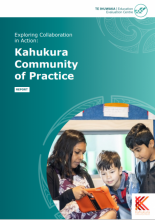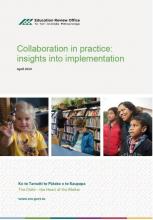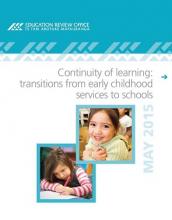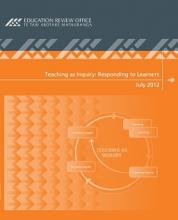Exploring collaboration in action
There is a growing body of research which shows that schools who work together are more effective in improving the quality of teaching and student learning, and in supporting school development. This series of reports sets out learnings from examples of schools collaborating and working together.















